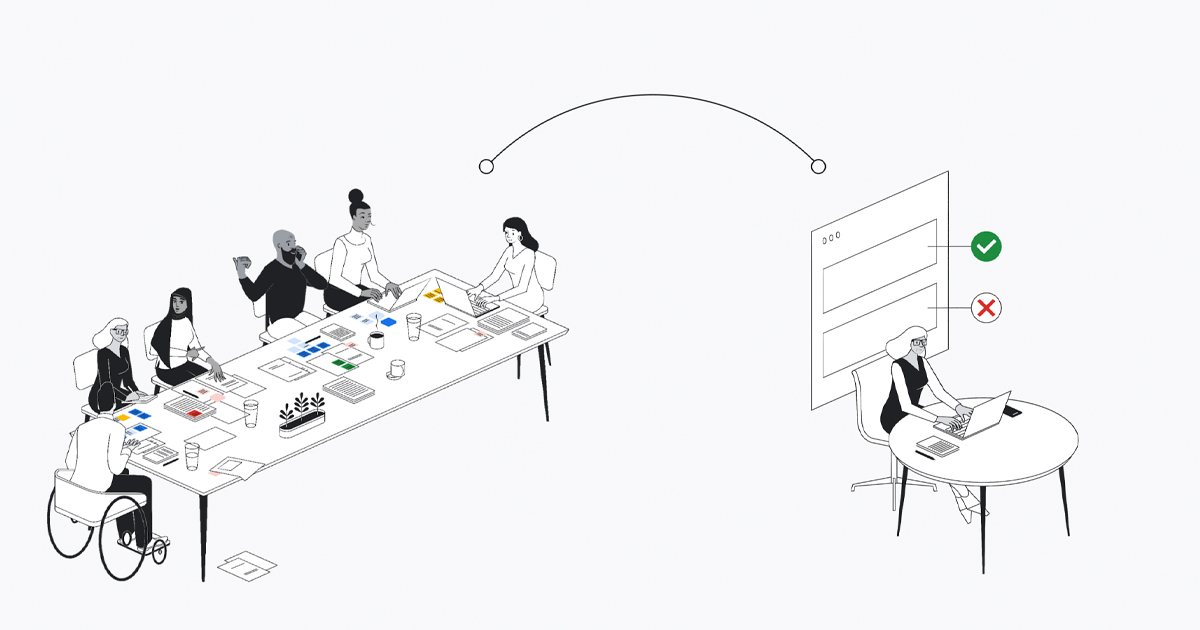The digital age has brought with it a remarkable change in the way we interact with information. From the ability to edit and revise written content with ease, to the capability to modify images and videos in real-time, the power of digital editing has fundamentally altered the way we create and consume information.
Impact on Literature
The ability to edit digital content has revolutionized the way we write, allowing us to quickly revise and refine our work until it is just right. In the past, writers would have to start from scratch each time they wanted to make a change to their work. Now, however, with the click of a button, we can add, delete, or move text around in seconds.
One of the most significant impacts of digital editing on the world of literature has been the rise of self-publishing. No longer do writers need to go through traditional publishers to get their work out into the world. With the proliferation of online publishing platforms such as Amazon’s Kindle Direct Publishing, anyone can upload their work and have it available for sale within hours.
Impact on Journalism
In journalism, digital editing has similarly transformed the way news is produced and consumed. With the rise of online news sites and social media platforms, news articles can now be edited and updated in real-time as new information becomes available. This has led to a more rapid dissemination of information, with breaking news stories now being updated on a minute-by-minute basis.
However, this fast-paced environment has also led to increased pressure on journalists to produce content quickly, sometimes at the expense of accuracy. The pressure to be the first to break a story can lead to mistakes and errors, which can be quickly amplified on social media before they can be corrected.
Impact on Social Media
The impact of digital editing has also been felt in the world of social media. The rise of platforms like Twitter and Facebook has given everyone a voice, and the ability to edit posts has made it easier than ever to share our thoughts and opinions with the world. However, this ease of editing has also led to a culture of “cancel culture,” where people are quick to call out and condemn others for any perceived misstep or mistake.
Impact on Reality
The ability to edit digital content has also had a profound impact on our perception of reality. With the rise of deepfakes and other manipulated content, it is becoming increasingly difficult to discern what is real and what is not. While these technologies have the potential to be used for nefarious purposes, they also have the potential to revolutionize the way we create and consume entertainment.
Challenges and Responsibilities
As digital editing continues to evolve, it is clear that its impact will only become more pronounced. From the way we write and publish books to the way we produce and consume news and entertainment, the increasingly editable nature of our world is changing the way we interact with information. However, as with any technological advance, it is important that we use digital editing responsibly and ethically, ensuring that the content we produce and consume is accurate, reliable, and trustworthy.
It is also important to acknowledge that the rise of digital editing has not been entirely positive, particularly in the realm of social media. The ease with which content can be edited and shared has led to a culture of “fake news” and misinformation, with many people struggling to distinguish between fact and fiction online. In some cases, this has even led to real-world consequences, such as the spread of conspiracy theories or the incitement of violence.
Summary
To address these challenges, we must work to promote media literacy and critical thinking skills, particularly among younger generations who have grown up in a world where digital editing is the norm. By teaching people to be discerning consumers of information, we can help to mitigate the negative impacts of digital editing and ensure that our media landscape remains a healthy and vibrant one.
Despite these challenges, the increasing editable nature of our world has also opened up new possibilities for creativity and innovation. From the creation of new forms of media, such as interactive video games and virtual reality experiences, to the development of sophisticated editing tools that allow us to manipulate audio and visual content in powerful new ways, there is no doubt that digital editing has changed the way we think about storytelling and the media.
As we look to the future, it is clear that the role of digital editing will only continue to grow and evolve. New technologies and tools are emerging all the time, offering new opportunities for expression and communication. However, as we embrace these new possibilities, it is important that we remain mindful of the power of digital editing and the impact it can have on our world. By using these tools responsibly and ethically, we can harness the full potential of digital editing and ensure that our media landscape remains a healthy and vibrant one for generations to come.
